Ease of Mind
We know everyone has the jitters when visiting the Dentist, but at Burien Plaza Dental, we will do everything possible to make sure you have the best experience possible.
That means first-class dentists, a friendly, judgment-free staff, and a promise that they’ll always do right by you. It also means no hidden fees or inflated pricing. When you’re a patient of with us, everything—and everyone—is taken care of.
IMPORTANT: Please Alert the office if you have any medical condition that may be of concern prior to treatment.
Quick Links
First Visit / Post-op Instructions / Payment & Finance Options
Do You Accept Walk-Ins?
Walk-ins are welcomed if it's available. It is still best to make an appointment to keep you at the office to a minimum.
In case of an Emergency?
Call (206) 246-7999 anytime during office time or if you have an after-hours dental emergency, call our office directly and connect to our emergency line.
Do you treat children?
Yes! We begin seeing children as early as age 2.
I think I’m grinding my teeth. What do I do?
If you suspect you are grinding your teeth please tell us at your next dental appointment. We can make a custom nightguard for you that will prevent you from grinding your teeth at night.
I’m pregnant. Can I come to the dentist?
Not only is it safe to come to the dentist when you are pregnant, it is recommended. Studies show a correlation between severe gum disease and preterm labor so regular dental visits will help you avoid the risk. Please just inform our office that you are pregnant prior to being seen.
Appointment
Sign-in
Exam
Results
Plan
Smile
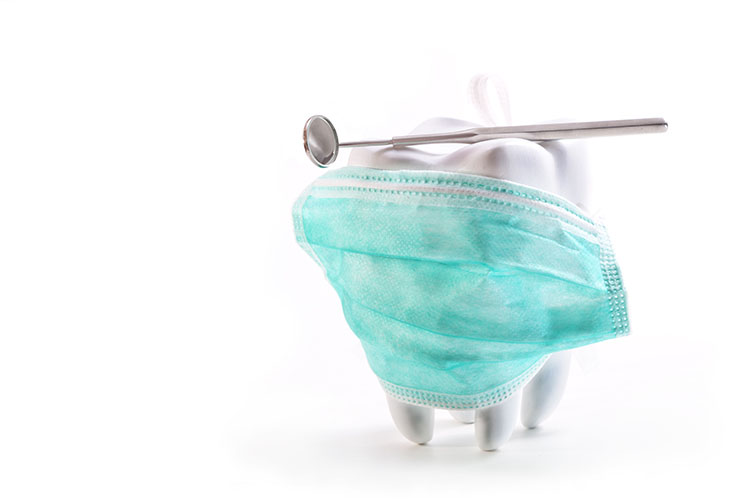
Your First Visit
Your comfort and satisfaction are important from the get-go—and that starts here, with an explanation of what you can expect at your first dental visit to our practice.
Please come in 15 minutes before your appointment so you have time to complete your paperwork
Comprehensive exam & X-rays
You will meet with your dentist to talk about your medical history. If you have any oral health worries or fears, you can feel comfortable sharing them with him or her—your comfort is most important, so we encourage you to ask questions.
This initial comprehensive exam is a no-risk way to learn the status of your oral health, and to learn how we can help you. If you want a second opinion, no problem – you can obtain a copy of your exam results and x-rays at no charge.
ABout your oral health
Your dentist will discuss the comprehensive dental treatment plan he or she developed specifically for you. While your dentist will provide the expert guidance you deserve, your questions are always welcome and you always have the final say in your treatment.
Your treatment plan is designed to prevent small issues from getting bigger and more expensive, so it will address the problems that are bothering you now and may also identify others that could impact your long-term oral health.
The goal are results
After your first dental visit, you will receive a copy of your dental treatment plan, which includes the price quote for your recommended treatments.
If you have any questions or if there’s anything you don't understand, please call—we want to make sure you understand and feel comfortable with your recommended treatment.
Emergency or in pain?
Post-operation Instructions
Download Post-Op Instructions: Extractions / Implants / Bone Graft / Soft-tissue Graft / Sinus elevation
Rest
- Rest quietly with your head elevated for the remainder of the day.
- Always get up slowly from a reclining position to prevent dizziness.
- Limit physical activity for a minimum of 48 hours unless otherwise directed.
Ice & Compress
- As soon as possible, place an ice pack on your face over the surgical area; 10 minutes on and 10 minutes off throughout the day for the next 4-6 hours. This will contribute to your comfort and minimize swelling..
- Moist heat may be applied two days after surgery for added comfort and to speed up the healing process.
What to Eat & Avoid
- Try not to chew on the surgical side or area for the next 2-4 weeks.
- Eat softer foods such as soups, smoothies, yogurt, pudding, applesauce, pasta, eggs, and baked potato for the first 4-7days.
- Avoid eating foods with seeds like; strawberries and raspberries, popcorn as they may enter the surgical site.
- Avoid the extreme hot and very cold foods, acidic, spicy foods as it may sting. Maintain a well balanced diet.
- Be sure to drink at least 6-8 glasses of water over the remainder of the day following surgery to prevent dehydration.
- Avoid using a straw, sucking, rinsing or spitting as this may loosen clotting, causing bleeding and loss of graft and disturb the healing process for at least 24 hours.
Medications
- If an antibiotic was prescribed, please take it as directed until it is all gone. To minimize the risk of GI problems and or yeast infections, take an Acidophilus tablet at night time.
- Ideally, pain medication should be taken before the numbness wears off. Be sure to have eaten something 10 minutes before taking pain medication. This will help to prevent or reduce an upset stomach.
- If the pain medication seems to wear off before it is time to take more, you may want to alternate it with Tylenol 500mg or Advil (ibuprofen) 600mg every 2-3 hours. Example; if prescription pain medication is taken at 1pm the Tylenol can be taken at 3-4pm. Not to exceed 800mg four times a day.
- Some pain medications may cause lightheadedness, lying down will help this.
Swelling, Bruising, & Bleeding
- Some seepage of blood is expected; however extensive bleeding should not occur. If bleeding should occur, apply firm continuous pressure with moist gauze or warm moist black tea bag to the area for 20 minutes. If the bleeding does not subside, please call the office.
- Expect swelling that may involve the area of the surgery.
- Bruising may occur in the surgical area.
- If fever accompanies swelling, contact us immediately!
Mouthcare
- You may begin to brush the non-surgical area the day after surgery. You can start brushing the surgical site 2 days after the surgery- do not dislodge the blood clot of the extraction site. Run your tooth brush under hot water to soften the bristles.
- Do not use any electrical tooth brush (Sonicare) for the first 2 weeks.
- You may gently rinse the area with warm salt water the day after surgery. Also after every time you eat or drink other then water. This will help with the healing process. If you were given a prescription mouth rinse, be sure to start using it the morning after surgery. Please follow the directions on bottle.
- Do not rinse with other mouthwash as they are irritants and may increase discomfort and delay healing.
- Sutures are to be left alone if at all possible. They will be removed within 10 days to 2 weeks. If they become long and/or irritating, please feel free to call us and we can set up a time for you to come in and have them trimmed or removed.
Alcohol & Smoking
- DO NOT CONSUME ALCOHOL WHILE ON PAIN MEDICATION and antibiotics.
- Avoid alcohol and aspirin for 2 days after surgery. These are blood thinners and may cause bleeding and delay the healing process.
- We strongly advise NOT TO SMOKE after surgery. Smoking will delay healing, increase discomfort, and may encourage bleeding and infection in the surgical sites.
Rest
- Rest quietly with your head elevated for the remainder of the day.
- Always get up slowly from a reclining position to prevent dizziness.
- Limit physical activity for a minimum of 48 hours unless otherwise directed.
Ice & Compress
- As soon as possible, place an ice pack on your face over the surgical area; 10 minutes on and 10 minutes off throughout the day for the next 4-6 hours. This will contribute to your comfort and minimize swelling..
- Moist heat may be applied two days after surgery for added comfort and to speed up the healing process.
What to Eat & Avoid
- Try not to chew on the surgical side or area for the next 2-4 weeks.
- Eat softer foods such as soups, smoothies, yogurt, pudding, applesauce, pasta, eggs, and baked potato for the first 4-7days.
- Avoid eating foods with seeds like; strawberries and raspberries, popcorn as they may enter the surgical site.
- Avoid the extreme hot and very cold foods, acidic, spicy foods as it may sting. Maintain a well balanced diet.
- Be sure to drink at least 6-8 glasses of water over the remainder of the day following surgery to prevent dehydration.
- Avoid using a straw, sucking, rinsing or spitting as this may loosen clotting, causing bleeding and loss of graft and disturb the healing process for at least 24 hours.
Medications
- If an antibiotic was prescribed, please take it as directed until it is all gone. To minimize the risk of GI problems and or yeast infections, take an Acidophilus tablet at night time.
- Ideally, pain medication should be taken before the numbness wears off. Be sure to have eaten something 10 minutes before taking pain medication. This will help to prevent or reduce an upset stomach.
- If the pain medication seems to wear off before it is time to take more, you may want to alternate it with Tylenol 500mg or Advil (ibuprofen) 600mg every 2-3 hours. Example; if prescription pain medication is taken at 1pm the Tylenol can be taken at 3-4pm. Not to exceed 800mg four times a day.
- Some pain medications may cause lightheadedness, lying down will help this.
Swelling, Bruising, & Bleeding
- Some seepage of blood is expected; however extensive bleeding should not occur. If bleeding should occur, apply firm continuous pressure with moist gauze or warm moist black tea bag to the area for 20 minutes. If the bleeding does not subside, please call the office.
- Expect swelling that may involve the area of the surgery.
- Bruising may occur in the surgical area.
- If fever accompanies swelling, contact us immediately!
Mouthcare
- You may begin to brush the non-surgical area the day after surgery.
- You may begin to brush the surgical area 2 days after surgery. Do not use any electrical tooth brush (sonicare) for the first 2 weeks. You may begin to brush the surgical area 2 days after surgery. Run your tooth brush under hot water to soften the bristles.
- Use the tooth paste provided for you in your post operative care bag, if given any. (Pro-Enamel, until gone)
- You may gently rinse the area with warm salt water the day after surgery. Also after every time you eat or drink other then water. This will help with the healing process.
- If you were given a prescription mouth rinse, be sure to start using it the morning after surgery. Please follow the directions on bottle.
- Do not rinse with other mouthwash as they are irritants and may increase discomfort and delay healing.
- Sutures are to be left alone if at all possible. They will be removed within 10 days to 2 weeks. If they become long and/or irritating, please feel free to call us and we can set up a time for you to come in and have them trimmed or removed.
Alcohol & Smoking
- DO NOT CONSUME ALCOHOL WHILE ON PAIN MEDICATION and antibiotics.
- Avoid alcohol and aspirin for 2 days after surgery. These are blood thinners and may cause bleeding and delay the healing process.
- We strongly advise NOT TO SMOKE after surgery. Smoking will delay healing, increase discomfort, and may encourage bleeding and infection in the surgical sites.
Rest
- Rest quietly with your head elevated for the remainder of the day.
- Always get up slowly from a reclining position to prevent dizziness.
- Limit physical activity for a minimum of 48 hours unless otherwise directed.
Ice & Compress
- As soon as possible, place an ice pack on your face over the surgical area; 10 minutes on and 10 minutes off throughout the day for the next 4-6 hours. This will contribute to your comfort and minimize swelling..
- Moist heat may be applied two days after surgery for added comfort and to speed up the healing process.
What to Eat & Avoid
- Try not to chew on the surgical side or area for the next 2-4 weeks.
- Eat softer foods such as soups, smoothies, yogurt, pudding, applesauce, pasta, eggs, and baked potato for the first 4-7days.
- Avoid eating foods with seeds like; strawberries and raspberries, popcorn as they may enter the surgical site.
- Avoid the extreme hot and very cold foods, acidic, spicy foods as it may sting. Maintain a well balanced diet.
- Be sure to drink at least 6-8 glasses of water over the remainder of the day following surgery to prevent dehydration.
- Avoid using a straw, sucking, rinsing or spitting as this may loosen clotting, causing bleeding and loss of graft and disturb the healing process for at least 24 hours.
Medications
- If an antibiotic was prescribed, please take it as directed until it is all gone. To minimize the risk of GI problems and or yeast infections, take an Acidophilus tablet at night time.
- Ideally, pain medication should be taken before the numbness wears off. Be sure to have eaten something 10 minutes before taking pain medication. This will help to prevent or reduce an upset stomach.
- If the pain medication seems to wear off before it is time to take more, you may want to alternate it with Tylenol 500mg or Advil (ibuprofen) 600mg every 2-3 hours. Example; if prescription pain medication is taken at 1pm the Tylenol can be taken at 3-4pm. Not to exceed 800mg four times a day.
- Some pain medications may cause lightheadedness, lying down will help this.
Swelling, Bruising, & Bleeding
- Some seepage of blood is expected; however extensive bleeding should not occur. If bleeding should occur, apply firm continuous pressure with moist gauze or warm moist black tea bag to the area for 20 minutes. If the bleeding does not subside, please call the office.
- Expect swelling that may involve the area of the surgery.
- Bruising may occur in the surgical area.
- If fever accompanies swelling, contact us immediately!
Mouthcare
- You may begin to brush the surgical area the day after surgery. Use a soft or an ultra soft - toothbrush or the one that was provided to you at your surgical appointment. Run your tooth brush under hot water to soften the bristles.
- Do not floss the surgical site for 4 weeks if a bone graft was done.
- Do not use any electrical tooth brush (Sonicare) for the first 2 weeks.
- You may gently rinse the area with warm salt water the day after surgery. Also after every time you eat or drink other then water. This will help with the healing process.
- Do not rinse with other mouthwash as they are irritants and may increase discomfort and delay healing.
- Sutures are to be left alone if at all possible. They will be removed within 10 days to 2 weeks. If they become long and/or irritating, please feel free to call us and we can set up a time for you to come in and have them trimmed or removed.
Alcohol & Smoking
- DO NOT CONSUME ALCOHOL WHILE ON PAIN MEDICATION and antibiotics.
- Avoid alcohol and aspirin for 2 days after surgery. These are blood thinners and may cause bleeding and delay the healing process.
- We strongly advise NOT TO SMOKE after surgery. Smoking will delay healing, increase discomfort, and may encourage bleeding and infection in the surgical sites.
Rest
- Rest quietly with your head elevated for the remainder of the day.
- Always get up slowly from a reclining position to prevent dizziness.
- Limit physical activity for a minimum of 48 hours unless otherwise directed.
Ice & Compress
- As soon as possible, place an ice pack on your face over the surgical area; 10 minutes on and 10 minutes off throughout the day for the next 4-6 hours. This will contribute to your comfort and minimize swelling..
- Moist heat may be applied two days after surgery for added comfort and to speed up the healing process.
What to Eat & Avoid
- Try not to chew on the surgical side or area for the next 2-4 weeks.
- Eat softer foods such as soups, smoothies, yogurt, pudding, applesauce, pasta, eggs, and baked potato for the first 4-7days.
- Avoid eating foods with seeds like; strawberries and raspberries, popcorn as they may enter the surgical site.
- Avoid the extreme hot and very cold foods, acidic, spicy foods as it may sting. Maintain a well balanced diet.
- Be sure to drink at least 6-8 glasses of water over the remainder of the day following surgery to prevent dehydration.
- Avoid using a straw, sucking, rinsing or spitting as this may loosen clotting, causing bleeding and loss of graft and disturb the healing process for at least 24 hours.
Medications
- If an antibiotic was prescribed, please take it as directed until it is all gone. To minimize the risk of GI problems and or yeast infections, take an Acidophilus tablet at night time.
- Ideally, pain medication should be taken before the numbness wears off. Be sure to have eaten something 10 minutes before taking pain medication. This will help to prevent or reduce an upset stomach.
- If the pain medication seems to wear off before it is time to take more, you may want to alternate it with Tylenol 500mg or Advil (ibuprofen) 600mg every 2-3 hours. Example; if prescription pain medication is taken at 1pm the Tylenol can be taken at 3-4pm. Not to exceed 800mg four times a day.
- Some pain medications may cause lightheadedness, lying down will help this.
Swelling, Bruising, & Bleeding
- Some seepage of blood is expected; however extensive bleeding should not occur. If bleeding should occur, apply firm continuous pressure with moist gauze or warm moist black tea bag to the area for 20 minutes. If the bleeding does not subside, please call the office.
- Expect swelling that may involve the area of the surgery.
- Bruising may occur in the surgical area.
- If fever accompanies swelling, contact us immediately!
Mouthcare
- You may begin to brush the non-surgical area the day after surgery. You may begin to gently clean the surgical site 7 days after the surgery with the post surgical ultrasoft tooth brush tip provided or you may also use a Q-tip. Run your tooth brush under hot water to soften the bristles. Careful to stay away from the gum line so that the healing is not disturbed and the graft dislodged.
- Do not touch the surgical sites for the first week, you could dislodge the healing tissue and compromise the success of the graft.
- Do not use any electrical tooth brush (Sonicare) for the first 2 weeks.
- You may gently rinse the area with warm salt water the day after surgery. Also after every time you eat or drink other then water. This will help with the healing process.
- Do not rinse with other mouthwash as they are irritants and may increase discomfort and delay healing.
- Do not pull your lip away to view or show the graft site.
- If you were given a prescription mouth rinse, be sure to start using it the morning after surgery. Please follow the directions on bottle.
- Sutures are to be left alone if at all possible. They will be removed within 10 days to 2 weeks. If they become long and/or irritating, please feel free to call us and we can set up a time for you to come in and have them trimmed or removed.
Palatal Stent (if one was provided)
- The plastic stent is on the palate to protect the donor site. Wear it for 2 days, removing only to clean and re-apply Orabase ointment.
- Three days after surgery, begin to leave it out, wearing it only when needed for comfort.
- Approximately 5 days after surgery leave the stent out completely.
Alcohol & Smoking
- DO NOT CONSUME ALCOHOL WHILE ON PAIN MEDICATION and antibiotics.
- Avoid alcohol and aspirin for 2 days after surgery. These are blood thinners and may cause bleeding and delay the healing process.
- We strongly advise NOT TO SMOKE after surgery. Smoking will delay healing, increase discomfort, and may encourage bleeding and infection in the surgical sites.
Rest
- Rest quietly with your head elevated for the remainder of the day.
- Always get up slowly from a reclining position to prevent dizziness.
- Limit physical activity for a minimum of 48 hours unless otherwise directed.
- Avoid blowing your nose or sneezing for 7 days. If you can’t avoid sneezing, please keep your mouth open to avoid building up pressure. You may also take a decongestant such as Sudafed non-drowsy for 4-5 postsurgical days to avoid blowing your nose during that time.
- Avoid swimming or scuba diving as it increase the sinus pressure and may cause post surgical bleeding and complication.
Ice & Compress
- As soon as possible, place an ice pack on your face over the surgical area; 10 minutes on and 10 minutes off throughout the day for the next 4-6 hours. This will contribute to your comfort and minimize swelling..
- Moist heat may be applied two days after surgery for added comfort and to speed up the healing process.
What to Eat & Avoid
- Try not to chew on the surgical side or area for the next 2-4 weeks.
- Eat softer foods such as soups, smoothies, yogurt, pudding, applesauce, pasta, eggs, and baked potato for the first 4-7days.
- Avoid eating foods with seeds like; strawberries and raspberries, popcorn as they may enter the surgical site.
- Avoid the extreme hot and very cold foods, acidic, spicy foods as it may sting. Maintain a well balanced diet.
- Be sure to drink at least 6-8 glasses of water over the remainder of the day following surgery to prevent dehydration.
- Avoid using a straw, sucking, rinsing or spitting as this may loosen clotting, causing bleeding and loss of graft and disturb the healing process for at least 24 hours.
Medications
- If an antibiotic was prescribed, please take it as directed until it is all gone. To minimize the risk of GI problems and or yeast infections, take an Acidophilus tablet at night time.
- Ideally, pain medication should be taken before the numbness wears off. Be sure to have eaten something 10 minutes before taking pain medication. This will help to prevent or reduce an upset stomach.
- If the pain medication seems to wear off before it is time to take more, you may want to alternate it with Tylenol 500mg or Advil (ibuprofen) 600mg every 2-3 hours. Example; if prescription pain medication is taken at 1pm the Tylenol can be taken at 3-4pm. Not to exceed 800mg four times a day.
- Some pain medications may cause lightheadedness, lying down will help this.
Swelling, Bruising, & Bleeding
- Some seepage of blood is expected; however extensive bleeding should not occur. If bleeding should occur, apply firm continuous pressure with moist gauze or warm moist black tea bag to the area for 20 minutes. If the bleeding does not subside, please call the office.
- Expect swelling that may involve the area of the surgery.
- Bruising may occur in the surgical area.
- If fever accompanies swelling, contact us immediately!
Mouthcare
- You may begin to brush the non-surgical area the day after surgery. You may begin to brush the surgical area 5-7 days after surgery or as directed at time of surgery. Run your tooth brush under hot water to soften the bristles.
- Do not use any electrical tooth brush (sonicare) for the first 2 weeks.
- You may gently rinse the area with warm salt water the day after surgery. Also after every time you eat or drink other then water. This will help with the healing process.
- Do not rinse with other mouthwash as they are irritants and may increase discomfort and delay healing.
- If you were given a prescription mouth rinse, be sure to start using it the morning after surgery. Please follow the directions on bottle.
- Sutures are to be left alone if at all possible. They will be removed within 10 days to 2 weeks. If they become long and/or irritating, please feel free to call us and we can set up a time for you to come in and have them trimmed or removed.
Alcohol & Smoking
- DO NOT CONSUME ALCOHOL WHILE ON PAIN MEDICATION and antibiotics.
- Avoid alcohol and aspirin for 2 days after surgery. These are blood thinners and may cause bleeding and delay the healing process.
- We strongly advise NOT TO SMOKE after surgery. Smoking will delay healing, increase discomfort, and may encourage bleeding and infection in the surgical sites.
Payment & Financing Options
Your budget shouldn't stop you from getting a healthy mouth. So we accept a variety of payment choices and third-party financing options that fit your wallet.
- Cash
- Personal Checks
- In-House Payment Plan
- Major Credit Cards
Dental procedures can be expensive, but if you need to finance, there is the option with CareCredit.
CareCredit is a healthcare credit card designed for your health and wellness needs. It's a way to pay for the costs of many treatments and procedures and allows you to make convenient monthly payments.
For more information about CareCredit, learn more by visiting CareCredit.com.

Accepted Insurances
We are a Preferred Provider for most of the Recognized Insurance companies and will assist you in all the Processing and Paperwork necessary. If you do not see you're insurance, feel free to ask our Front Desk staff.
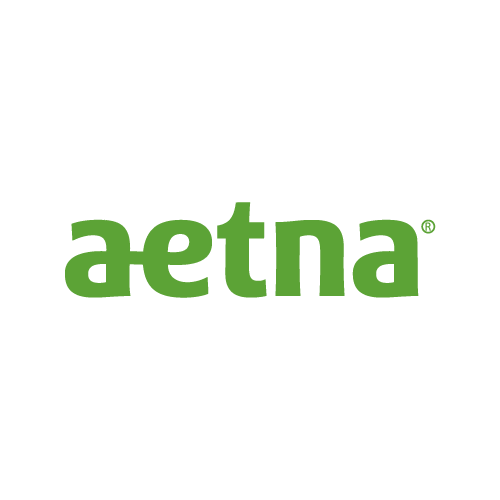
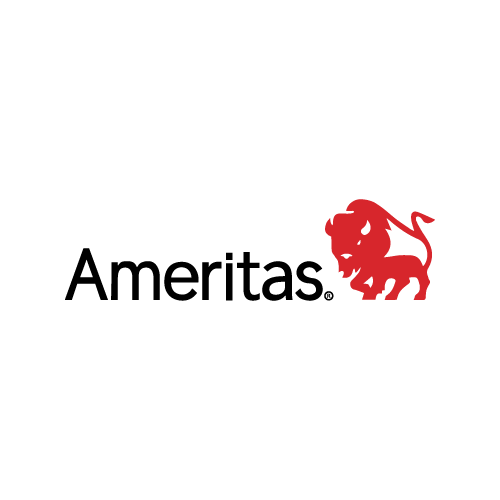
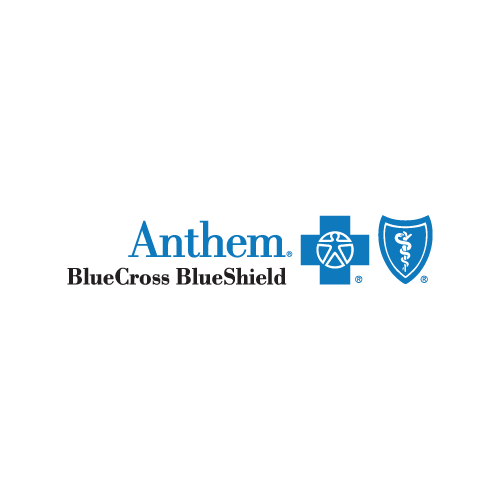
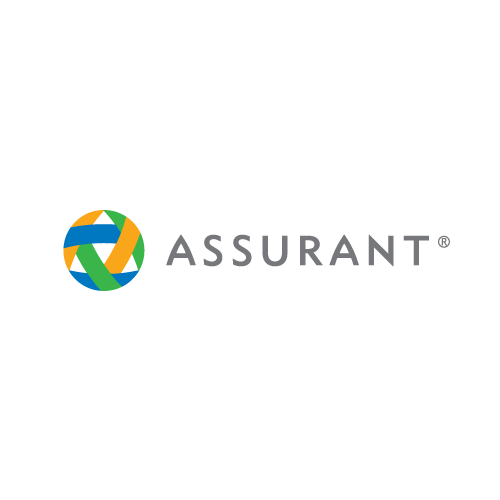
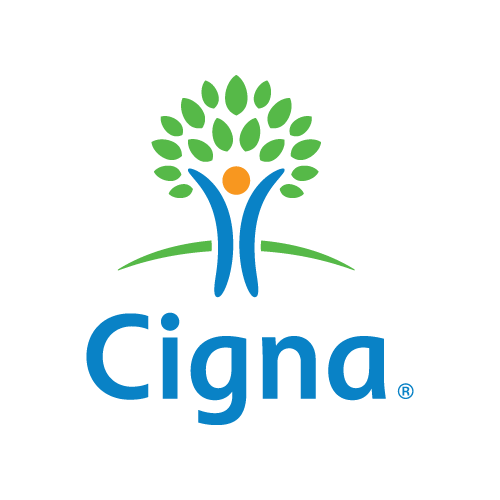
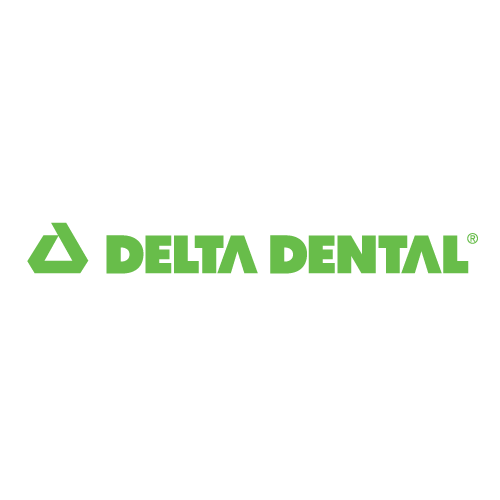
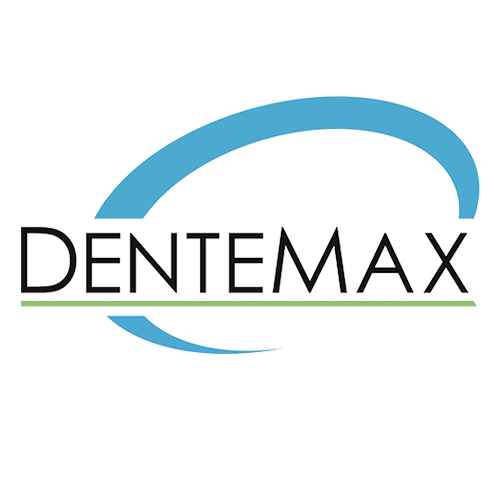
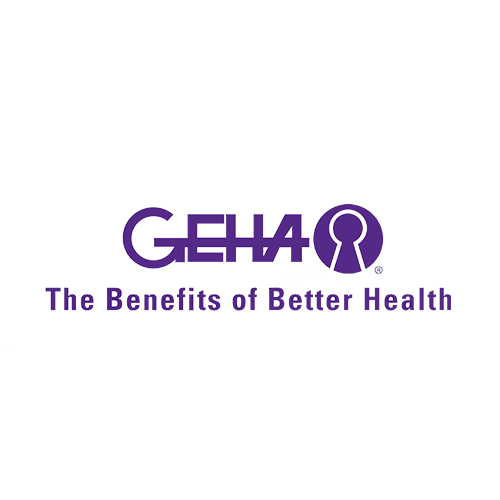

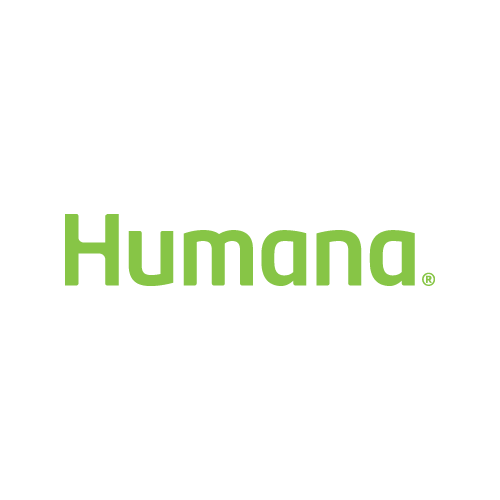


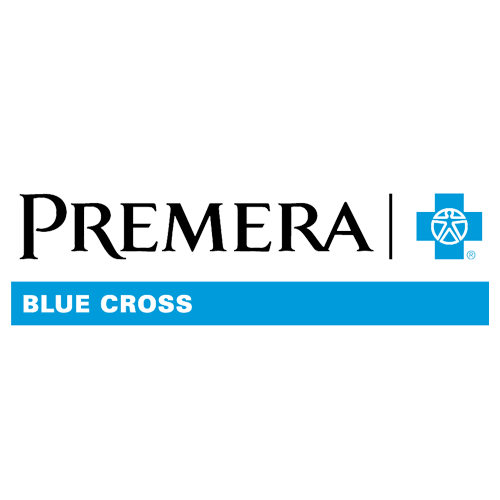

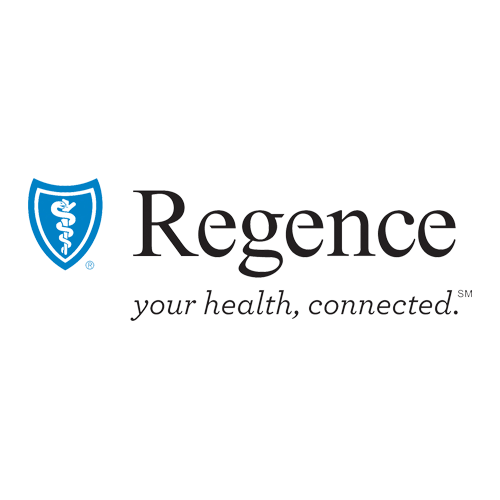

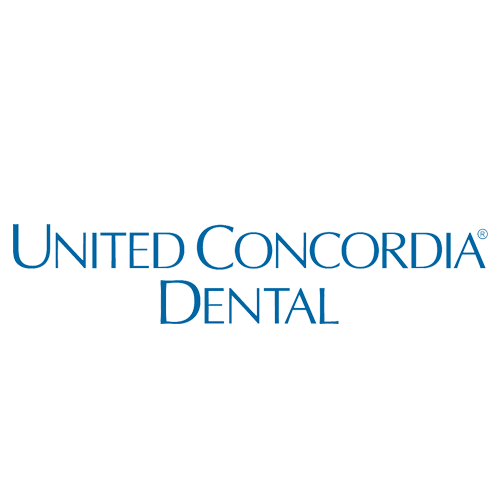
List of Insurances
Aetna / Ameritas / Anthem Blue Cross / Assurant / Cigna / Delta Dental / Dentemax / GEHA / Guardian / Humana / MetLife / Moda Health (ODS) / Premera / Principal / Regence / Standard / United Concordia